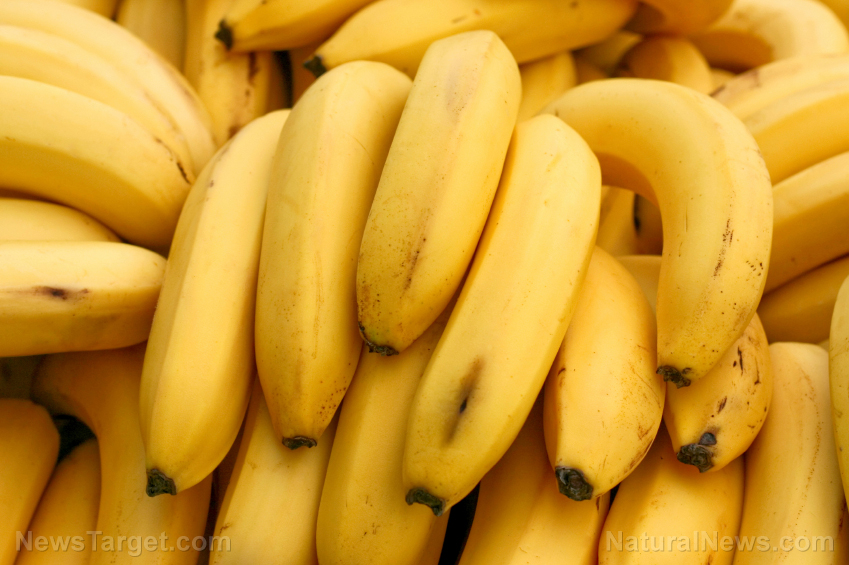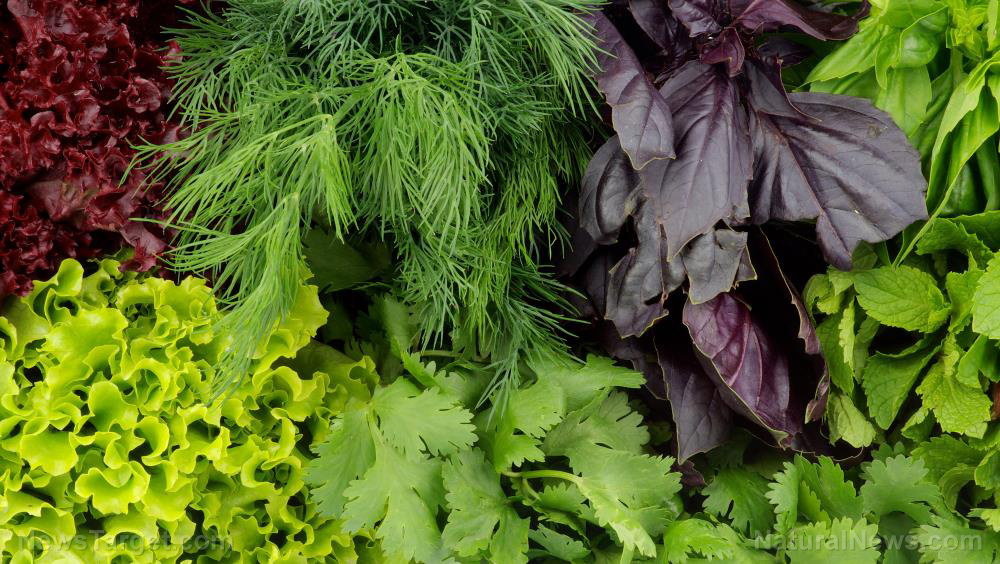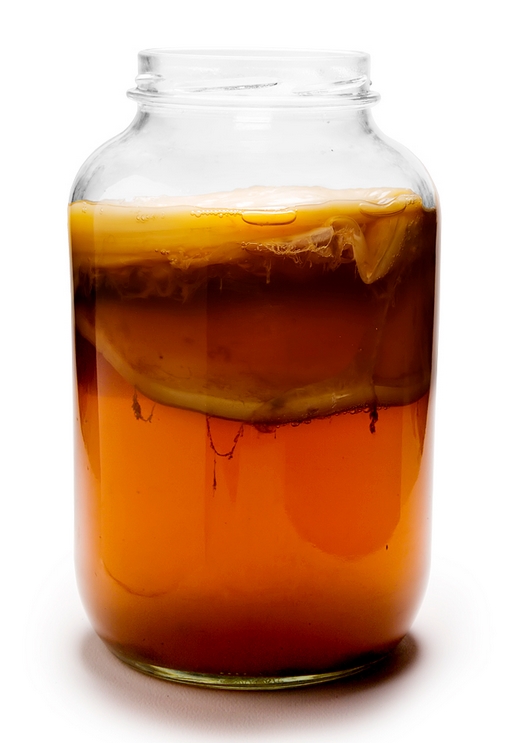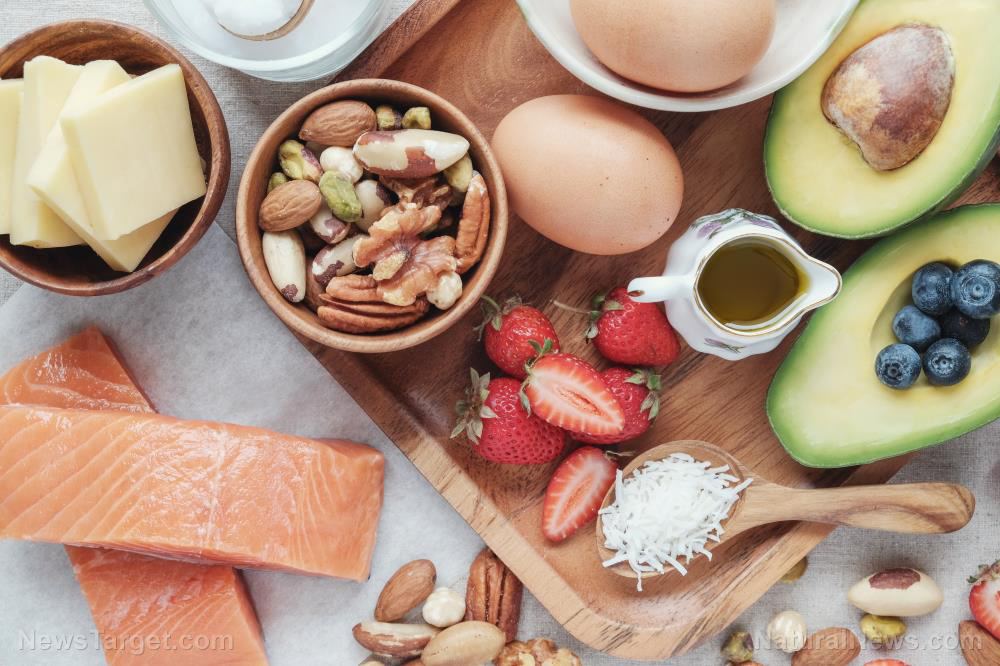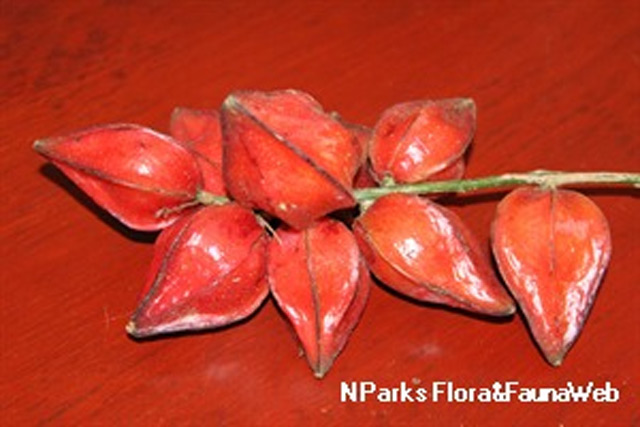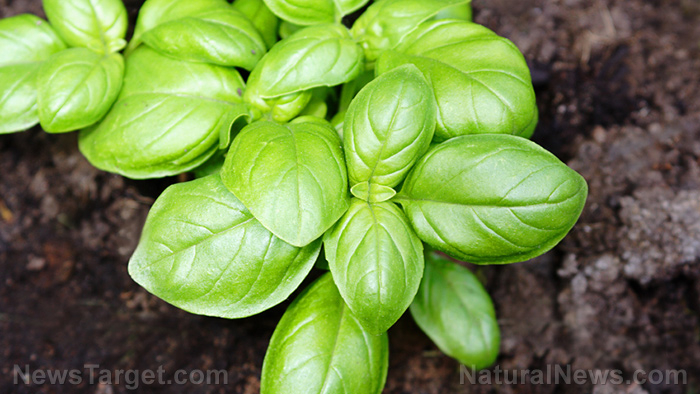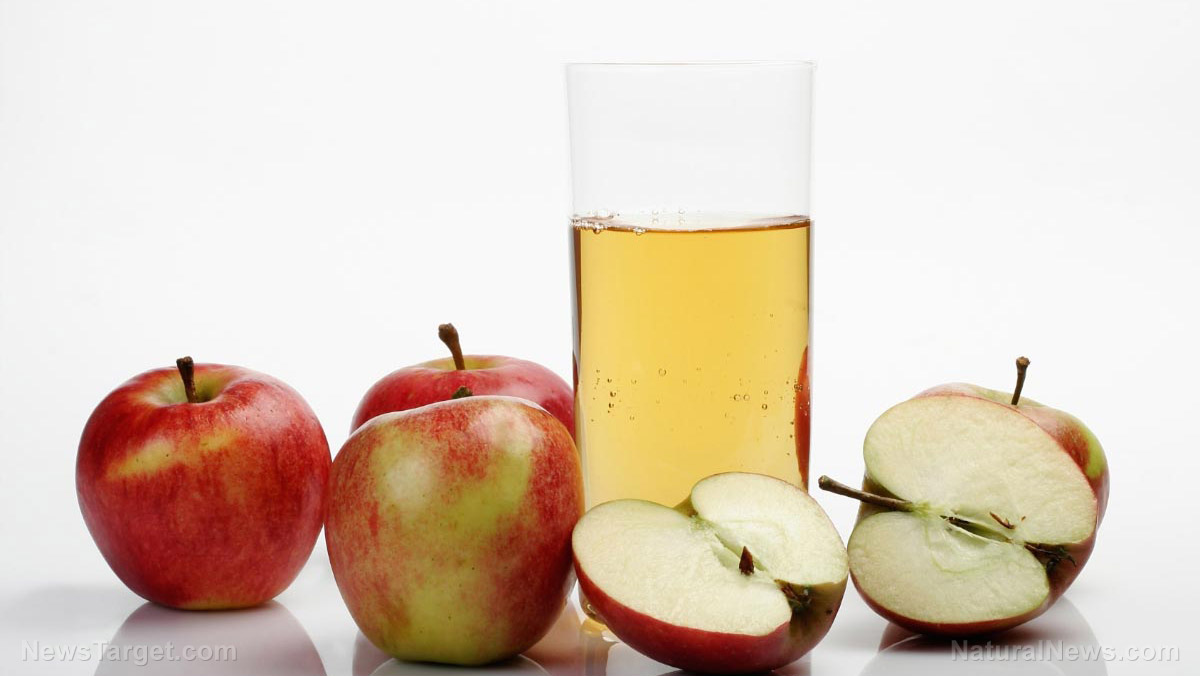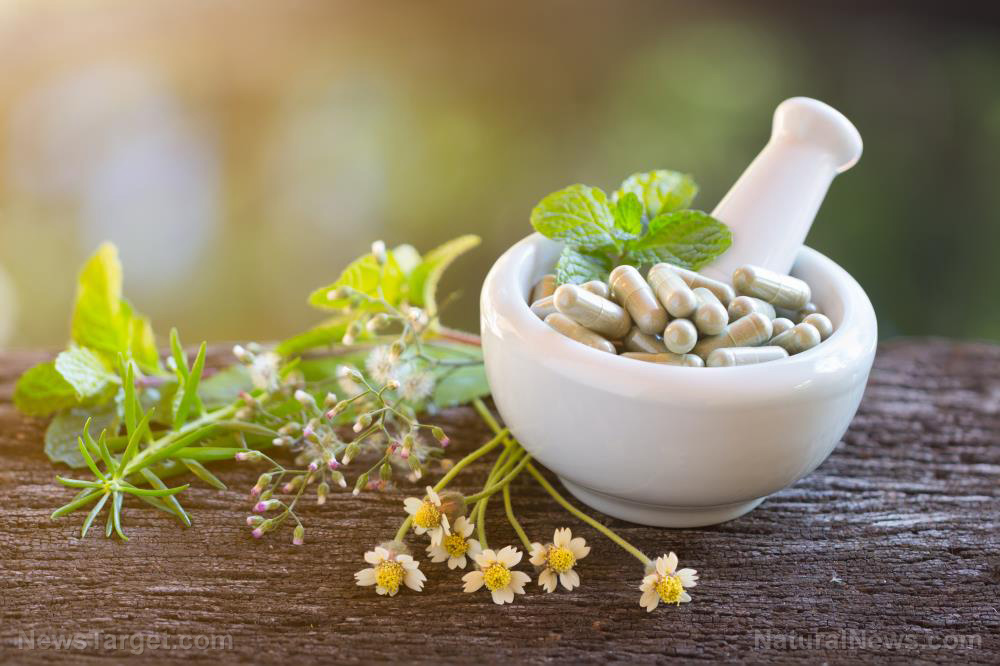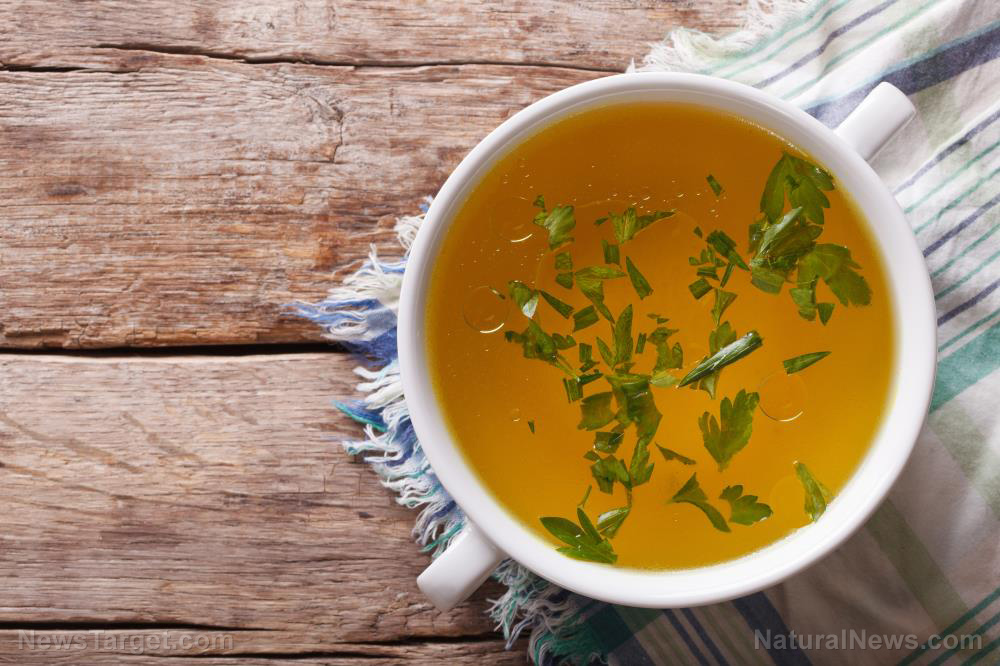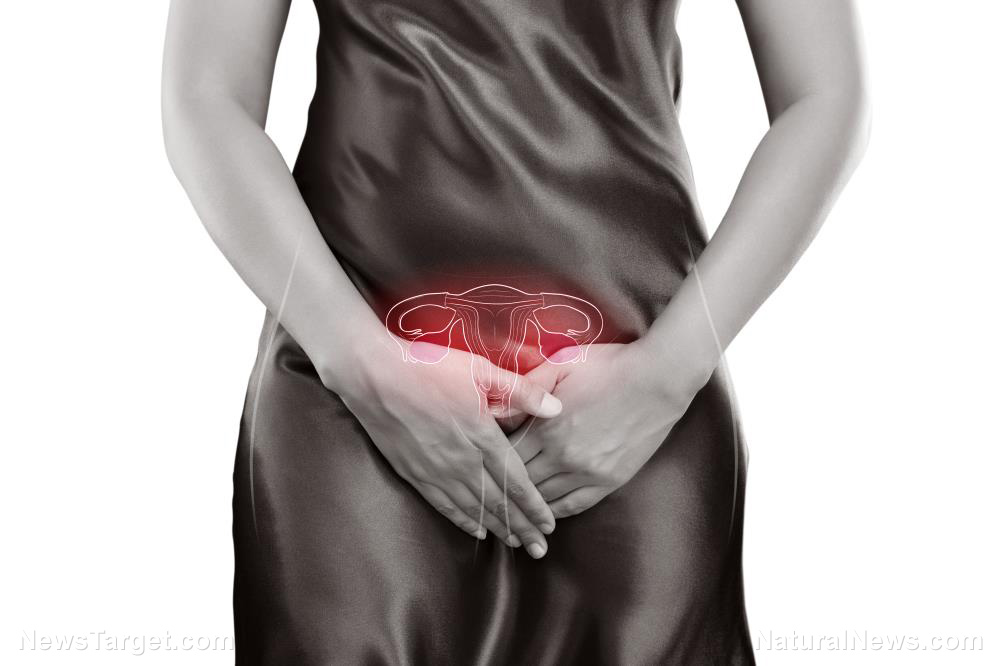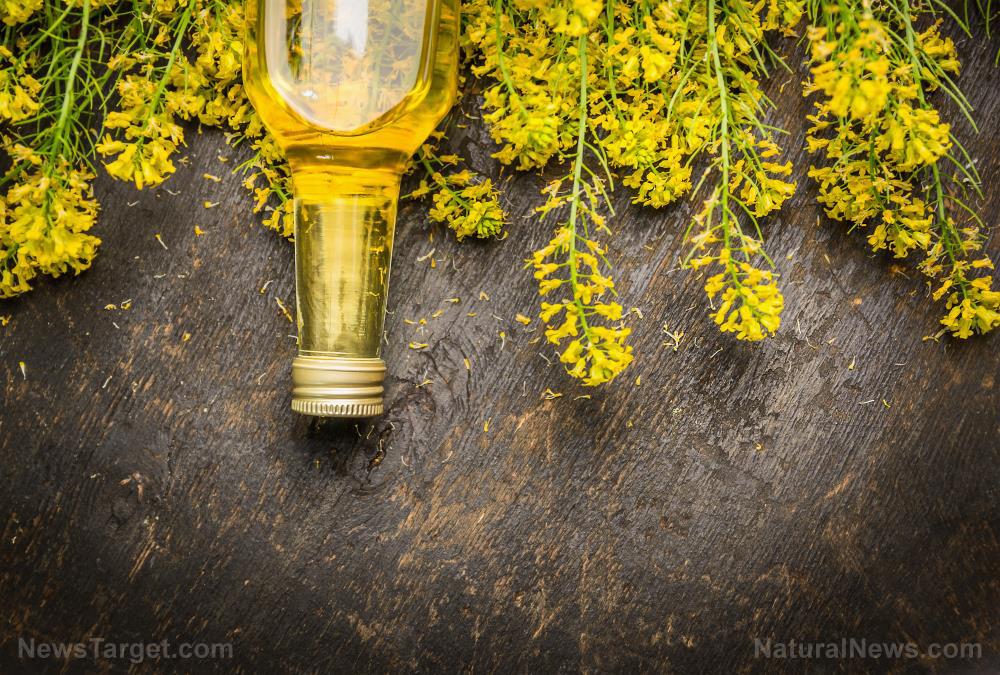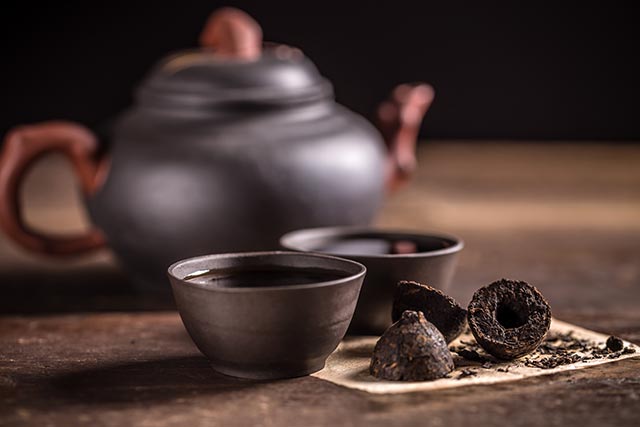Stop cancer cells dead in their tracks with turmeric
04/24/2019 / By Edsel Cook

There are many natural ways to stop the spread of cancer. One of the most effective methods is to consume turmeric, a spice that is rich in the anticancer compound curcumin. This natural compound achieves its anticancer effects by preventing inflammation that causes the disease in the first place.
There is strong scientific evidence that cancer and chronic inflammation are closely intertwined. In 1863, Rudolf Virchow noted that cancer often appeared in body parts that suffered from severe inflammation due to injury or a degenerative disease.
Turmeric happens to be a powerful anti-inflammatory food. By neutralizing inflammation, it makes it much harder for cancer cells to appear and grow in an area. (Related: Curcumin found to be one of the best natural ways to alleviate depression.)
Turmeric and curcumin suppresses the inflammation that leads to the formation of cancer cells
Many studies have shown that cancer and other similar chronic diseases originate from inflammation and the damage caused by excessive oxidation. Chronic inflammation is often attributed to poor diet and low levels of physical activity.
It stands to reason that preventing inflammation is the best way to avoid cancer. This can be done by working out on a regular basis and eating nutritious food such as curcumin-rich turmeric.
Curcumin is the primary bioactive compound in turmeric. It is responsible for the yellow color of the spice, as well as the superfood’s inflammation-fighting and cancer-fighting properties.
In its role as a natural anti-inflammatory, curcumin suppresses the activity of various molecules that cause inflammation in cells and tissues. These inflammatory substances include adhesion molecules, cytokines, enzymes, and protein kinases.
Preventing oxidative stress in the body reduces the risk of cancer
Exposure to harmful substances and severe stress causes the body to produce higher amounts of free radicals than normal. These oxygen-based molecules deplete natural antioxidants that protect the body from their effects.
When there are too many free radicals and too few antioxidants in the body at the same time, it undergoes oxidative stress. The cells, tissues, and organs start taking damage and begin to function less effectively.
Car exhaust, paint fumes, tobacco smoke, and pollutants in the air, food, and water are some of the toxic substances that contribute to excessive levels of free radicals. Emotional and mental stress factors include fear, guilt, and resentment.
Antioxidants protect the body from the negative effects of free radicals. By neutralizing free radicals, antioxidants prevent the onset of oxidative stress and, by extension, diminish the chances of cancer.
The curcumin in turmeric is a natural antioxidant. So its anticancer activity works in two different but complementary ways.
Taking turmeric can stop cancerous tumors from getting bigger or spreading elsewhere
Turmeric is available in many forms, such as powder, supplements, and herbal juices and teas. A 2017 study by researchers from Jahangirnagar University established that the anti-inflammatory and antioxidant activity needed to fight cancer can be acquired from any of these forms.
“We conclude that the turmeric varieties investigated in this study are useful sources of natural antioxidants, which confer significant protection against free radical damage,” remarked the researchers.
The superfood will continue to provide anticancer benefits even after a patient has been designated with the disease. Curcumin is capable of disrupting the signaling pathways of a tumor, preventing the cancerous growth from further increasing its size or spreading to healthy cells.
In addition to fighting cancer, turmeric can also help improve dementia, metabolic syndrome, and many other health conditions. So there is no reason why a health-inclined person should not take advantage of the anti-inflammatory and antioxidant effects of its curcumin content.
Sources include:
Tagged Under: alternative medicine, anti-inflammatory, anticancer, antioxidants, chronic inflammation, curcumin, food cures, food is medicine, herbal medicine, inflammation, natural cures, natural medicine, turmeric

